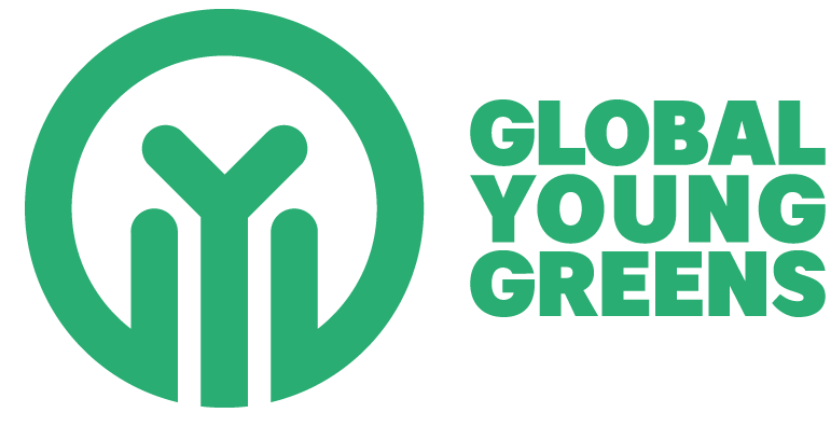“From Friday 8th October to Sunday 10th October Estonian Capital City, Tallinn gathered over 300 Greens from all over Europe for the European Green Party 13th Council Meeting. Delegates from 36 member parties in 32 countries, as well as representatives of the EGP’s observer parties, took part in a wide range of debates, discussions and workshops and, on the final day of the council, adopted a range of resolutions outlining green solutions for many of Europe’s economic, social and environmental problems”.
The Council started on Thursday morning with the hot discussion about the Green New Deal. It was the core document debated during the Council. No doubt that people today care a lot about unemployment and economics. The Green New Deal is the green macroeconomic and financial programme that aims to present the Green way out of the economic, social and environmental crisis. The idea is clear: Green parties must position themselves as capable of translate their ideas in the economic debate of the day. In the interview Monica Frassoni, the Co-Spokesperson of EGP, says that “greens has not been known for having big proposals on economic or finance. But this paper went into direction of credible political force”. Philippe Lamberts, a member of European Parliament, expressed the idea that “capitalism can actually lead to public good and interest of everybody if we change the boundaries and get right incentives”. But a great deal of people actually doubted if it is really possible to tame capitalism. Besides, is it right to compromise with the current system or should we take a new more radical approach? At the same time there were some voices also questioning if we need to concentrate so much on economic paradigm at all while solving the problems. They argued that it’s wrong to put biodiversity and social values through economic prism.
Apart from Green New Deal discussions there were many local as well as common problems and issues raised during the Council. At the meeting of migration working group, guided now by Ska Keller and Monica Frassoni, Roma situation took most of the discussion. Roma discrimination is considered to be a real EU issue. It is also a legal issue, since it violates several international and EU laws. It is not longer possible to name socio-economical problems as if they would be generated by ethnic groups. Claudio Cracium, professor of political sciences at Bucharest University quite radically proposed that the greens should get accustomed to the idea that the Roma and some other minorities are simply different, and it is not our position to force them to integrate or assimilate. On the whole, these issues seem to originate eternal debate.
A lot of time I spent at the Green East West Dialogue as it directly concerns me as a person from Eastern Europe. At this workshop there were presentations of the Eastern European countries about what they have achieved and what they will achieve with their green movements. Milan Mitrovic from Serbia asked to express solidarity with the LGBTQ movement in Serbia and support the Pride in Belgrade that was supposed to take place in two days in Belgrade and as we know now brought a lot of violence. The second part of the Dialogue was mostly devoted to Belarus because of the coming president elections on 19th of December where the Green party will have a candidate.
In between the presentations at Green East West Dialogue I dropped in at the Federation of Young European Group meeting. They presented FYEG structure and were talking about their activities and future plans: seminar on Green Economy in Greece in November, Spring Camp “Direct democracy advantages for inclusion and participation of young people” in Spain in March, General Assembly in April and a lot of other exciting events that are coming. On the whole, FYEG were very active at the Council producing new ideas, proposing amendments and generally actively participating in discussions. Moreover they presented a resolution on tackling youth unemployment and on fair, ambitious and legally binding deal in Cancun which have been successfully adopted. As for European Green Party position about FYEG it is very positive and in their proposal on work plan for 2011 they expressed a lot of hopes about close cooperation and support for the young greens.
Then I stayed for some time at the Global Greens presentation which is of course of high importance for us, young successors. James Tonson from Australia, a newly-recruited a part-time Secretary of Global Greens, complained to me later that it was extremely hard for him to cooperate with people he had never met in real life. That is why Tallinn Council became a great opportunity for to the greens to meet each other. The next Global Greens Congress is planned to take place in Senegal in April 2012. As for Global Greens position about GYG they also have high expectations for cooperation with GYG and they definitely wait for many GYG representatives at the congress in Senegal.
On Sunday voting on proposed resolutions and GND took place. The voting passed smoothly and in line with planned time. Moreover European Green Party admitted a new full member state Andorra confirming that the Andorra Greens are active and fully participating in the political life of their country. However the other two state parties Croatia and Macedonia which had been observers in EGP and applied for full membership this time were rejected a full membership and recommended a monitoring period accompanied by common action plan.
On the whole, EGP is looking into the future after the renewal of its Committee last year in Malmo. In report of Jacqueline Cremers, the current Secretary General, she is asserting that the new Committee is full of energy to change the world and to change the old working methods. According to their working plan for 2011 EGP will try to support all greens to become the third mainstream political force in as many countries as possible. Some of the bigger themes for the next year are World Social Forum in Dakar and preparation for the next round of Climate change negotiations in South Africa. On a European level it is encountering the reform of the Common Agricultural Policy and discussing the multi-annual EU budget.
Anna Kavalenka



